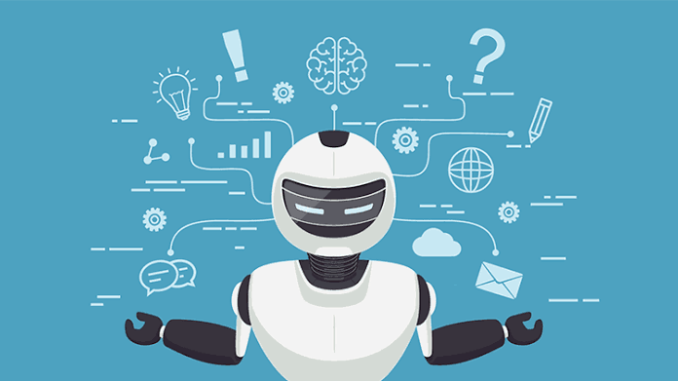
The journey of human civilization is deeply intertwined with the evolution of technology. From the simplest stone tools used by our prehistoric ancestors to the sophisticated artificial intelligence systems of today, technology has been a key driver of progress and innovation. This article explores the remarkable advancements in technology over the millennia, highlighting key milestones that have shaped our world.
The Dawn of Technology: Stone Tools
The earliest known technology dates back to the Paleolithic era, around 2.6 million years ago, when early humans began using stone tools. These tools were primarily used for hunting, processing food, and building shelters. The ability to create and use tools distinguished humans from other species and set the foundation for future technological developments. Simple stone implements gradually evolved into more complex tools, such as hand axes and spears, demonstrating early humans’ growing ingenuity and adaptability.
The Agricultural Revolution
Approximately 10,000 years ago, the advent of agriculture marked a significant technological shift. The development of farming tools, such as plows and irrigation systems, enabled humans to cultivate land more efficiently, leading to the establishment of permanent settlements and the rise of civilizations. The Agricultural Revolution also spurred advancements in other areas, including pottery, weaving, and metalworking, which further enhanced human productivity and societal organization.
The Bronze and Iron Ages
The discovery and use of metals like bronze and iron brought about profound changes in technology and society. During the Bronze Age (circa 3300-1200 BCE), humans learned to alloy copper with tin to create stronger tools and weapons. This period saw the emergence of advanced metalworking techniques and the development of trade networks. The subsequent Iron Age (circa 1200-600 BCE) further revolutionized technology with the introduction of iron smelting, leading to the production of more durable and efficient tools and the expansion of agricultural and military capabilities.
The Industrial Revolution
The Industrial Revolution, which began in the late 18th century, marked a major turning point in technological evolution. Innovations in machinery, such as the steam engine, revolutionized manufacturing processes and led to the rise of factories. This era saw the mass production of goods, significant improvements in transportation (e.g., railways and steamships), and the advent of new energy sources like coal and electricity. The Industrial Revolution not only transformed economies and societies but also laid the groundwork for modern technological advancements.
The Information Age
The mid-20th century heralded the beginning of the Information Age, characterized by the development of digital technology and computers. The invention of the transistor in 1947, followed by the creation of the integrated circuit and the microprocessor, revolutionized computing. The subsequent emergence of personal computers, the internet, and mobile devices transformed how people communicate, access information, and conduct business. This era has been marked by rapid technological innovation, with advancements in software, telecommunications, and data processing driving significant societal changes.
The Rise of Artificial Intelligence
In recent years, artificial intelligence (AI) has emerged as one of the most transformative technologies. AI, which involves the creation of systems that can perform tasks requiring human-like intelligence, has its roots in the mid-20th century but has gained significant momentum in the 21st century. Advances in machine learning, neural networks, and big data have enabled AI systems to excel in areas such as natural language processing, image recognition, and autonomous vehicles. AI is poised to revolutionize various industries, from healthcare and finance to transportation and entertainment, by enhancing efficiency, productivity, and decision-making capabilities.
Conclusion
The evolution of technology from stone tools to artificial intelligence highlights humanity’s remarkable ability to innovate and adapt. Each technological milestone has built upon the achievements of previous generations, leading to increasingly complex and powerful tools that shape our world. As we look to the future, the continued development of technology promises to bring new challenges and opportunities, driving further progress and transforming society in ways we can only begin to imagine.